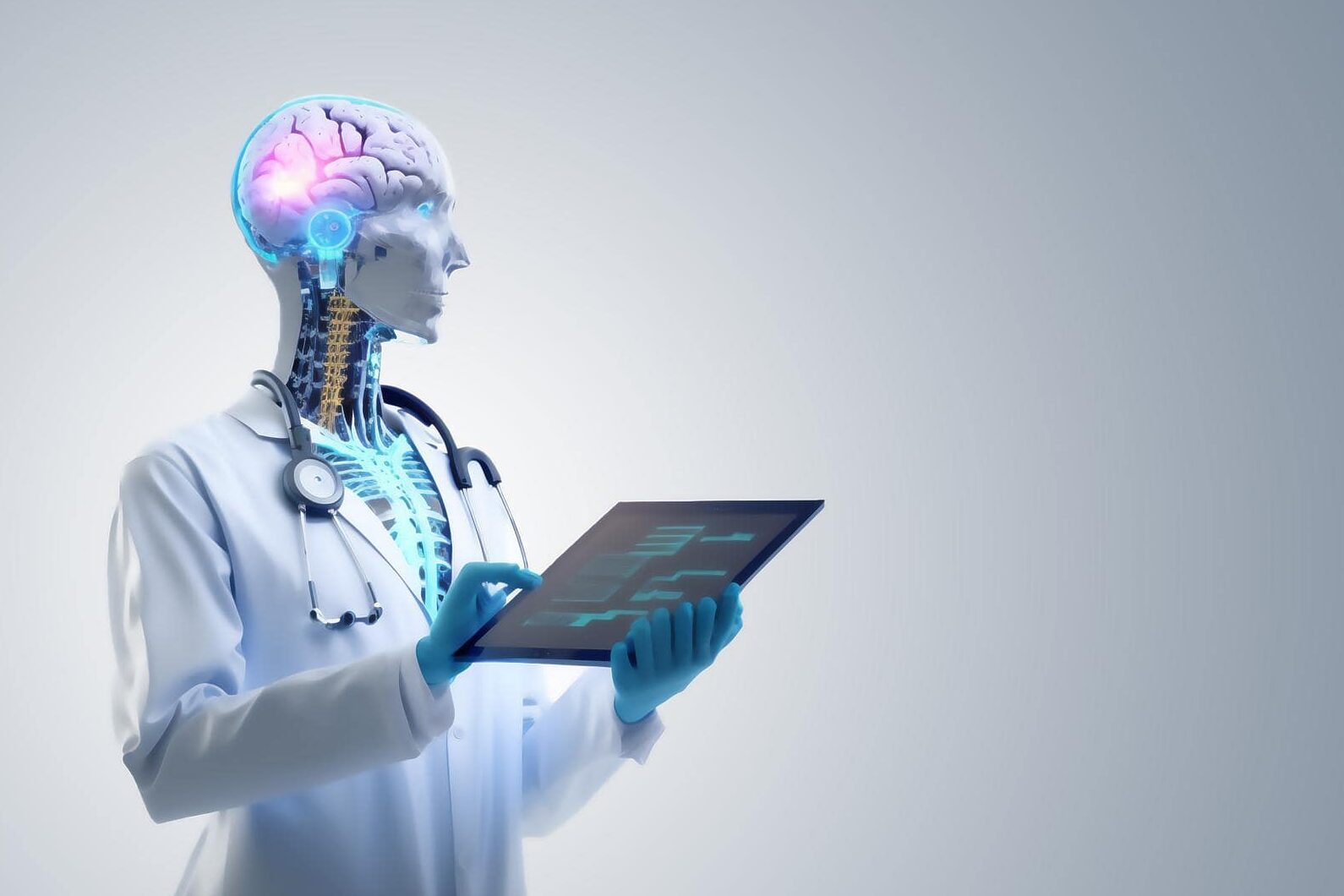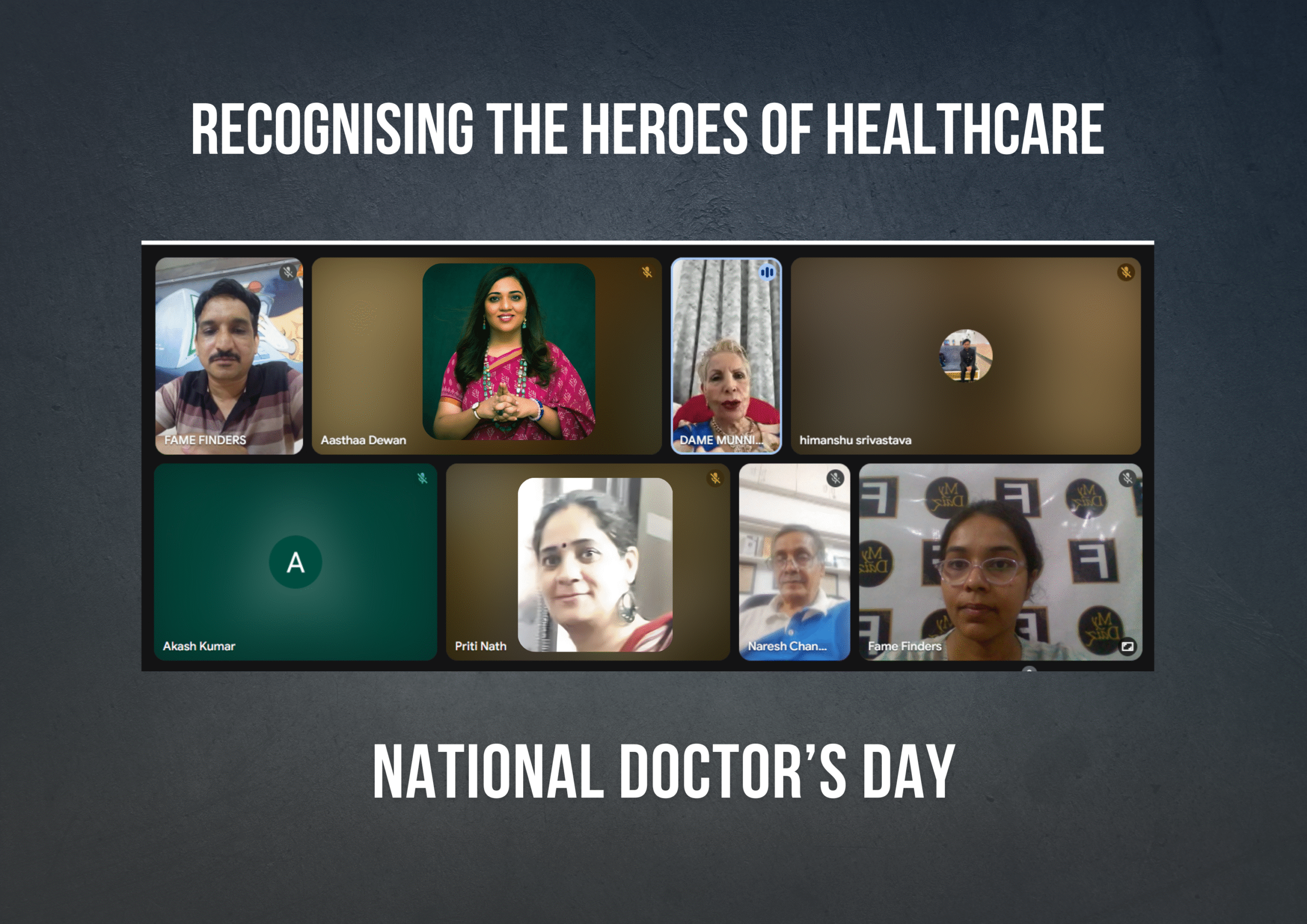In recent years, artificial intelligence (AI) has emerged as a groundbreaking force in the field of healthcare, revolutionizing the way diseases are diagnosed and treated. This transformative technology is not just a futuristic concept but a present reality, significantly enhancing medical practices worldwide.
Enhanced Diagnostics with AI
One of the most profound impacts of AI in healthcare lies in diagnostics. Traditional diagnostic methods often rely on manual interpretation of medical images or test results, which can be time-consuming and prone to human error. AI changes this landscape by leveraging machine learning algorithms to analyze vast amounts of data quickly and accurately.For instance, AI-powered imaging techniques can detect anomalies in medical images such as X-rays, MRIs, and CT scans with a level of precision that rivals or exceeds human capabilities. These algorithms can identify patterns indicative of various diseases, including cancers, cardiovascular issues, and neurological disorders, at earlier stages than previously possible. This early detection not only improves patient outcomes but also allows for more timely interventions and personalized treatment plans.
Personalized Treatment Plans
Beyond diagnostics, AI is also revolutionizing treatment strategies. By analyzing patient data, including medical history, genetic information, and real-time physiological data from wearable devices, AI can assist healthcare providers in creating personalized treatment plans tailored to each individual’s unique needs. AI algorithms can predict how patients are likely to respond to different treatments, optimizing medication dosages and schedules to maximize efficacy and minimize side effects. This personalized approach not only improves patient satisfaction but also contributes to better overall health outcomes by ensuring that treatments are both effective and well-tolerated.
Challenges and Considerations
While the potential of AI in healthcare is vast, its implementation is not without challenges. Concerns about data privacy, the need for robust regulatory frameworks, and the integration of AI into existing healthcare systems are all critical considerations. Additionally, there is a need for ongoing research and validation to ensure that AI technologies are safe, reliable, and equitable for all patient populations.
Looking Ahead
As AI continues to evolve, its role in healthcare is expected to expand further. Future developments may include advancements in predictive analytics, virtual health assistants, and even autonomous surgical procedures. However, it is essential to approach these advancements thoughtfully, ensuring that they are implemented in ways that prioritize patient safety, ethical considerations, and healthcare provider training. AI represents a paradigm shift in healthcare, offering unprecedented opportunities to improve diagnostics, enhance treatment outcomes, and ultimately, save lives. While challenges remain, the potential benefits of AI in transforming healthcare delivery are undeniable, paving the way for a future where medical decisions are increasingly informed by data-driven insights and precision medicine.











